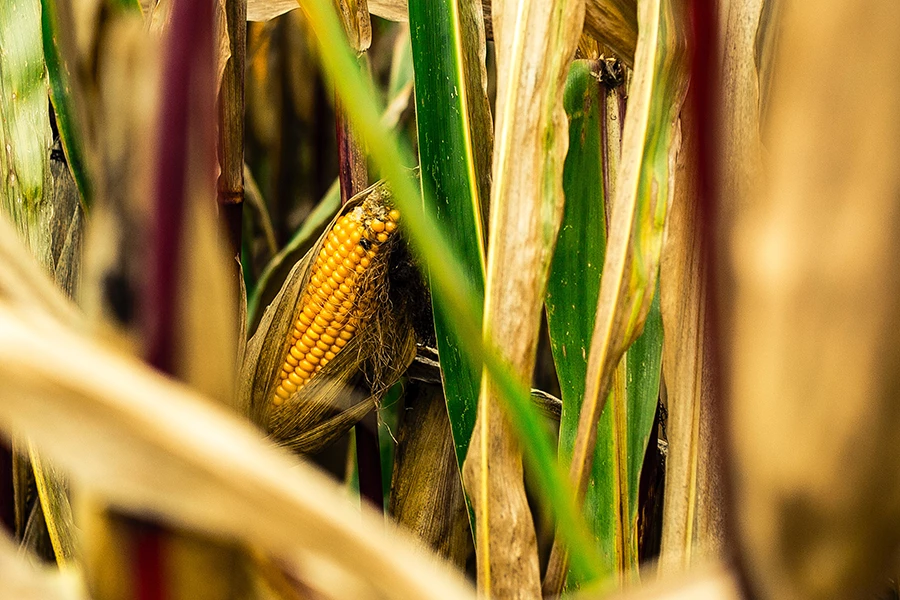Cornstarch plastic: a viable alternative to fossil fuel plastic packaging?
29 April 2022
With fashion’s environmental impact front of mind for consumers and retailers alike, the demand for eco-friendly, green products and solutions has led to a growing industry for manufacturing corn starch plastic.
Many countries around the world have banned the use of traditional, petroleum based plastic bags, so is cornstarch plastic poised to play a big role as a viable and biodegradable replacement?
What is cornstarch plastic?
Starch is a natural, organic polymer that comes from corn kernels. It’s this starch that is used to make bioplastics, or organic plastics as it’s sometimes known. Bioplastics can be made from agricultural byproducts, making it a better way to reduce a carbon footprint.
Bioplastics will not emit toxic gases and produce 68% less greenhouse gas emissions and require 65% less energy for production in comparison to conventional petroleum based plastics.
The end product is pellets of polylactic acid plastics, which can be melted to produce a variety of different products.
What’s great is corn is a natural renewable source that can be planted again and again.
What is cornstarch plastic used for?
Cornstarch plastic is increasingly being used in a number of markets and sectors from packaging, food and hospitality, electronics, toys, fashion and textiles.
At Elite Labels, we offer cornstarch tag locks and fasteners, as well as biodegradable self-seal and zipper mail bags.
Is cornstarch plastic the best alternative to traditional plastic?
Corn plastic packaging or items made from corn plastic are biodegradable, carbon neutral and compostable. Sounds great, but it can take 90 days to decompose and needs to be disposed of within a commercial composting facility at high temperatures, rather than simply compost at home. Equally, methane is produced when cornstarch plastics decompose.
This means it’s not the perfect solution to our global plastic problem, however when it’s composted properly it is much better for the environment than fossil fuel plastic.
How can small retailers and brands can make a difference
Naturally, huge corporate retailers and brands are already on the journey towards more sustainable businesses. For example, M&S recycle plastic waste across their stores and turn it into food bags. Amazon has increased the use of flexible paper-based mailers across Europe and eliminated single-use, thin film plastics in packaging by replacing plastic materials like bubble wrap and air pillows with paper cushions and introducing plastic-free, biodegradable tape.
The need is to use packaging as efficiently as possible by balancing its use against the need to prevent product wastage. Think differently about how your products can be delivered and used by customers, e.g. reusable delivery packaging, product refills, using more sustainable materials such as cornstarch plastic and so on.
At Elite Labels, our trading relationships are underpinned by ethical principles. We work closely with manufacturing sites and suppliers around the world to achieve best practice and standards. Talk to us today about our sustainable range.